Do You Really Need to Use Mouthwash?
The True Scope of Mouthwash in Oral Health
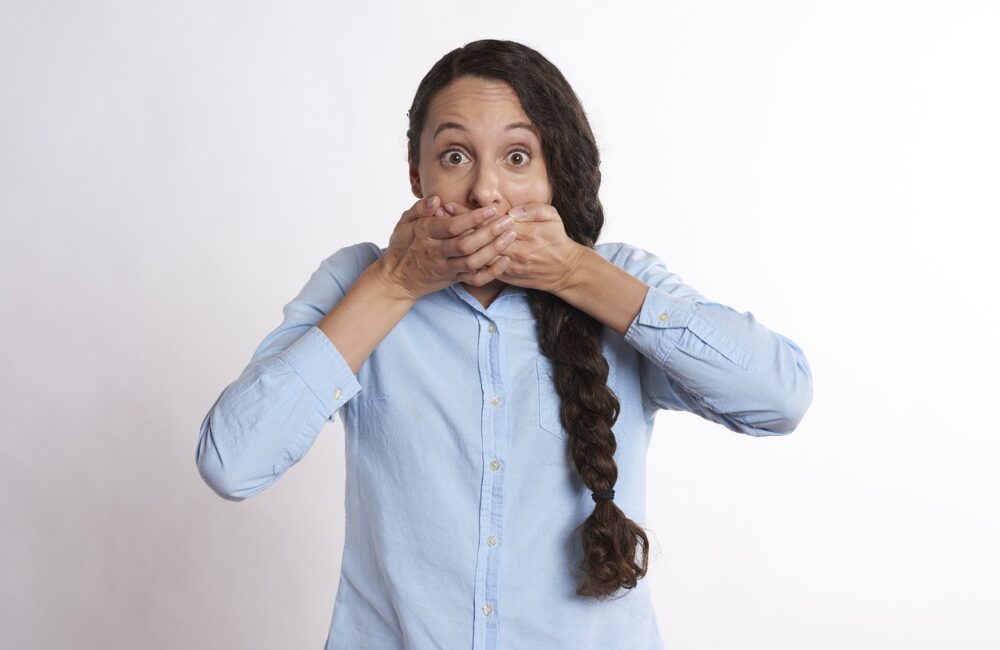
Many people reach for mouthwash to combat bad breath, and there’s no denying its instant freshness. But can it do more? Is mouthwash a mandatory part of your daily dental care routine? Here’s the scoop from a dental professional about the workings of mouthwash and its necessity for oral health.
What Can Mouthwash Do? Active ingredients like fluoride and antimicrobials enable mouthwash to provide several benefits:
- Protection Against Cavities Frank A. Scannapieco, DMD, PhD, chair of oral biology at the University at Buffalo School of Dental Medicine, explains that fluoride in mouthwash strengthens the enamel surface of your teeth, making them less susceptible to decay.
The American Dental Association (ADA) confirms that fluoride mouthwash promotes remineralization, helping to fortify teeth and decrease cavities.
- Destruction of Bacteria Mouthwash with antimicrobial elements can penetrate spaces between teeth to eradicate bacteria that contribute to cavities, bad breath, and gum issues, says the ADA.
Moreover, by eliminating harmful oral bacteria, you thwart dental plaque buildup, the primary cause of gum inflammation. Therefore, these mouthwashes aid in combating gingivitis, adds Dr. Scannapieco.
- Alleviation of Dry Mouth Symptoms Dr. Scannapieco notes that mouthwash can improve lubrication and lessen discomfort in individuals experiencing conditions such as dry socket or xerostomia (dry mouth).
However, mouthwashes containing alcohol may exacerbate dryness and dehydration in the mouth, as per the ADA. Hence, it’s crucial to consult with your dentist for suitable mouthwash recommendations if you’re dealing with these issues.
What Mouthwash Can’t Do While antimicrobial mouthwash can help diminish bacteria, it’s not a cure-all for the root causes of bad breath and other dental problems.
“Mouthwashes can temporarily reduce bacteria levels in the mouth, but they can’t permanently eradicate the biofilm on teeth responsible for dental caries and periodontal disease,” says Dr. Scannapieco.
If you’re experiencing persistent bad breath, it’s vital to see a dentist to exclude serious conditions like gum disease.


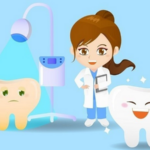

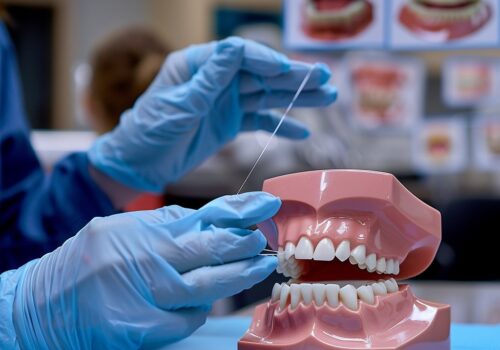
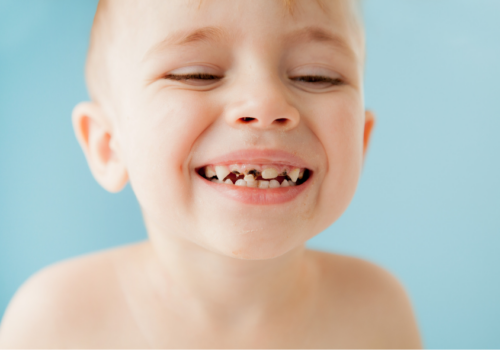
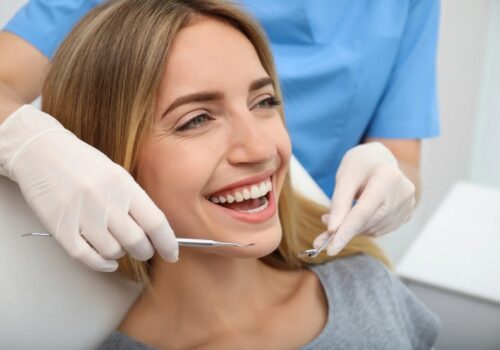
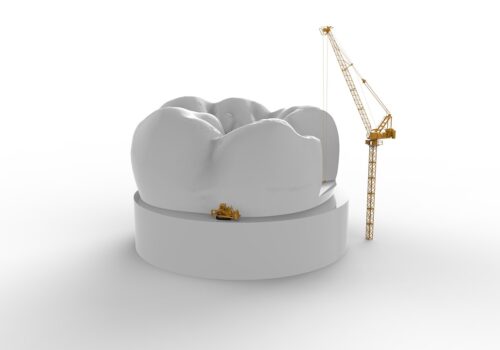
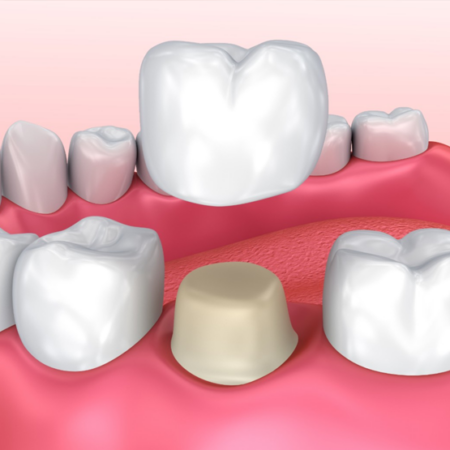
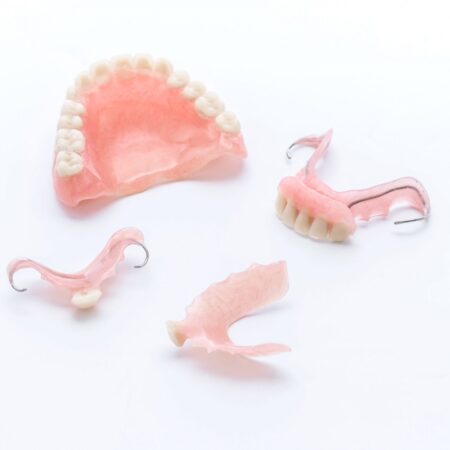
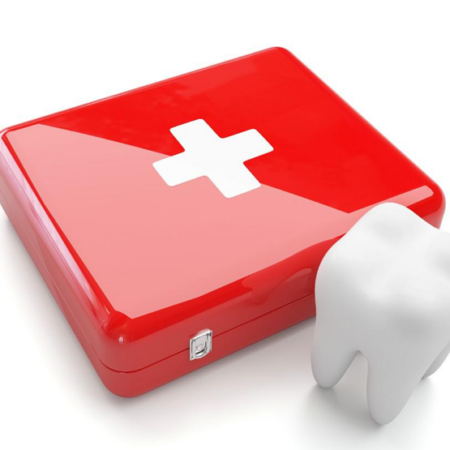
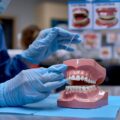
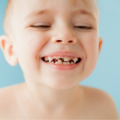

Leave a Reply